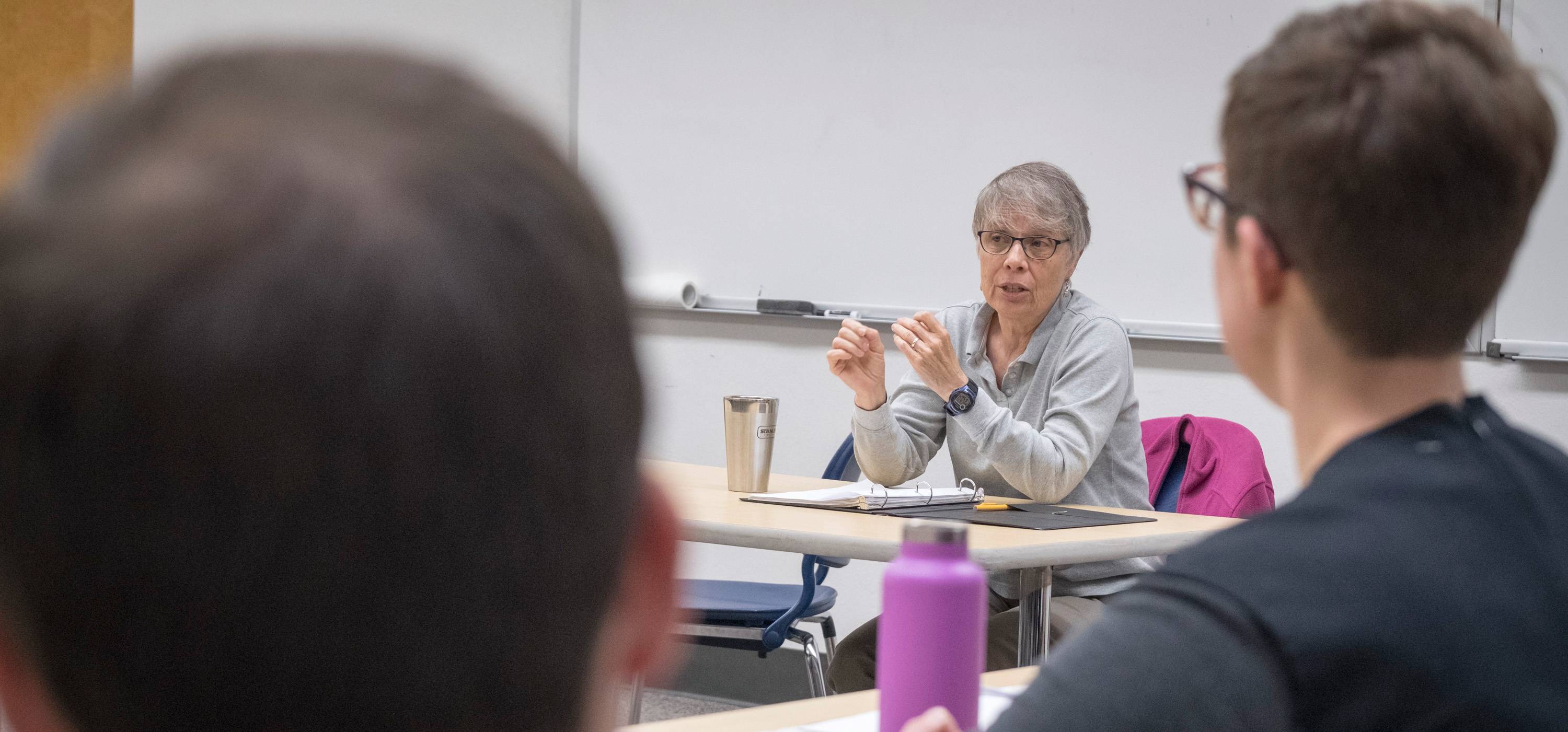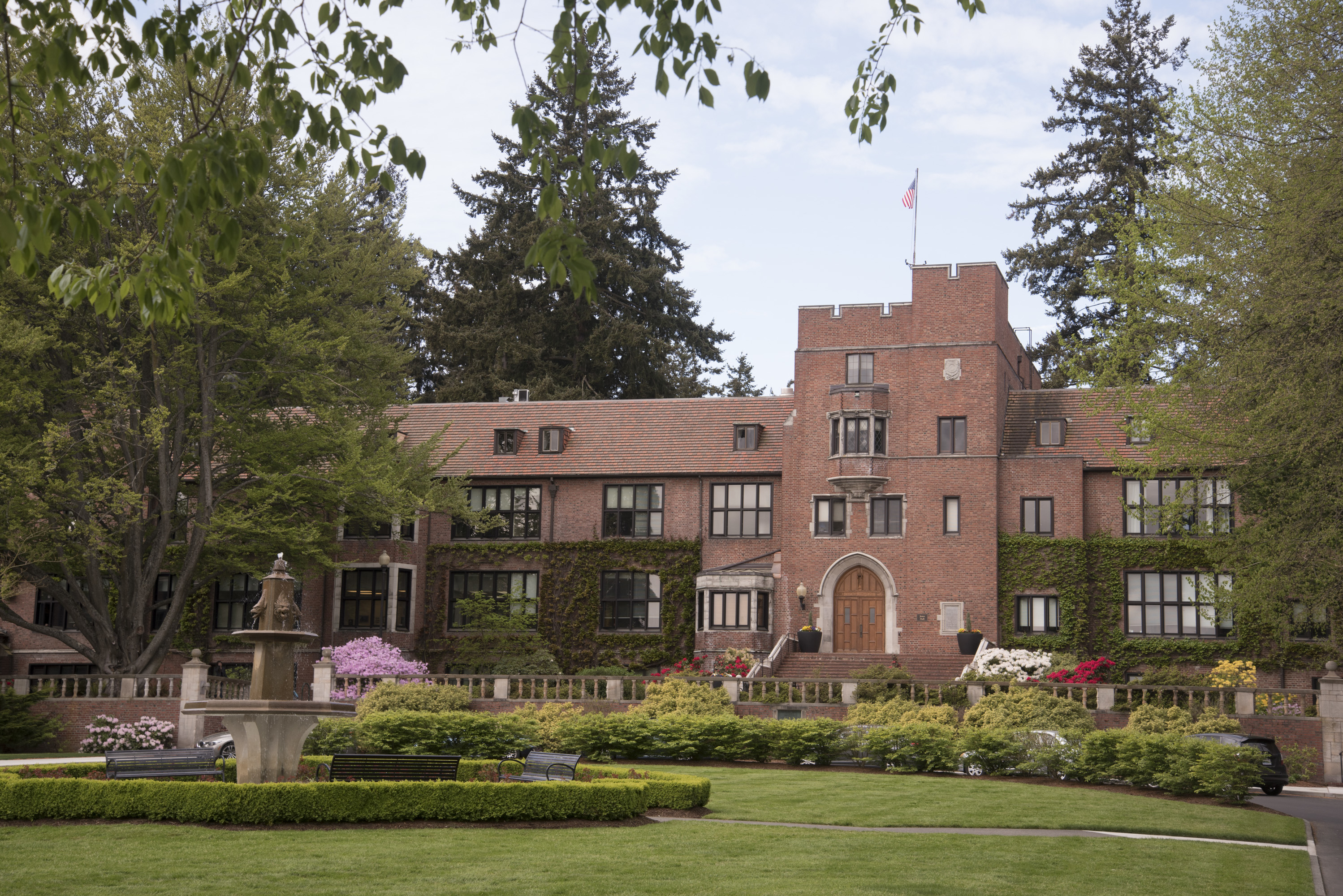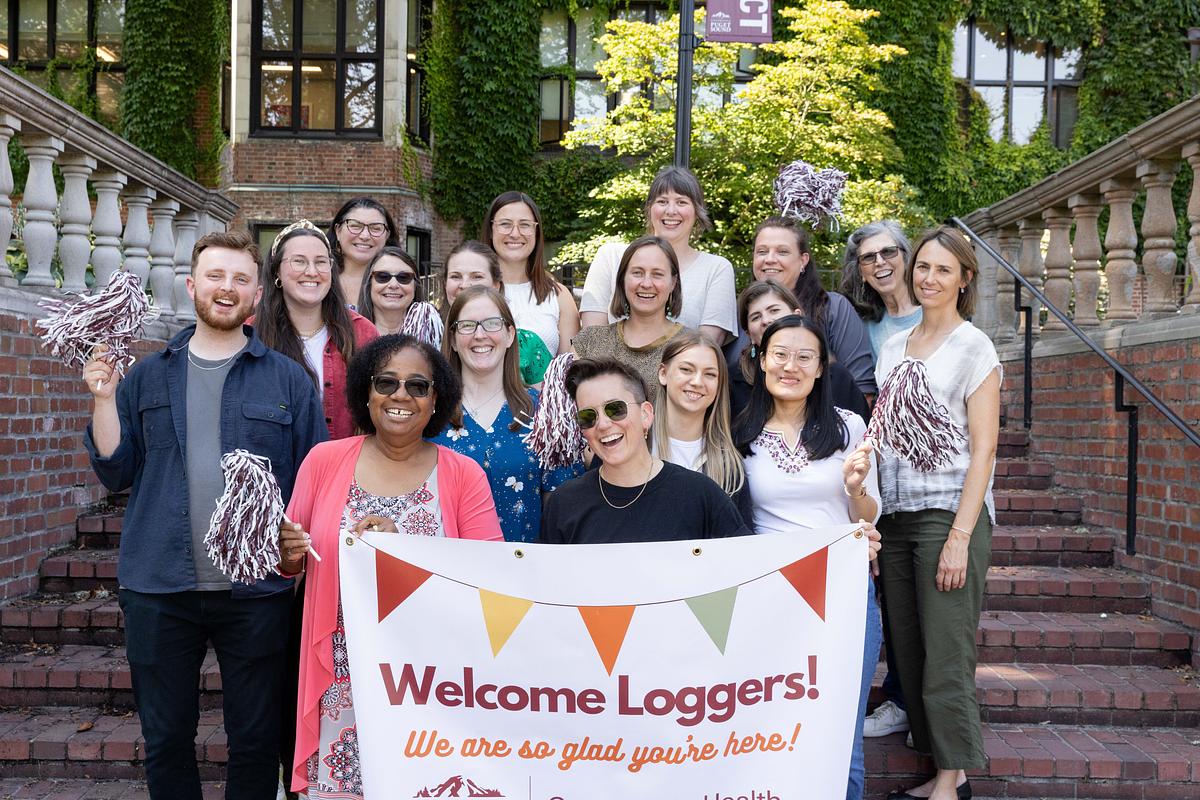Program Description
The MEd program is one of three programs in the School of Education. Puget Sound’s in-person Master of Education in Counseling (MEd) program focuses on developing the knowledge and skills necessary for careers in the helping fields and prepares graduates to become certified school counselors and/or licensed mental health counselors. The MEd program is fully accredited by the Council for Accreditation of Counseling and Related Educational Programs (CACREP). CACREP is the leading accrediting body for counseling preparation programs and supports excellence in counselor education by establishing high professional standards. Puget Sound MEd program graduates who complete or have completed their degree after January 13, 2021 are considered graduates of a CACREP-accredited program.
Who You Could Be
What You'll Learn
- Engage in multiple contexts to promote the social and emotional growth and development of individuals, groups, families, and organizations
- Critically and intentionally utilize multiple theories of counseling and human development and multiple sources of evidence to inform and develop practice
- Interrogate your own biases and social location to actively pursue culturally-responsive practice and contribute collaboratively to the ongoing work of equity

"In my opinion, Puget Sound is one of the top counseling programs in the state. I look for Puget Sound grads when I hire."








